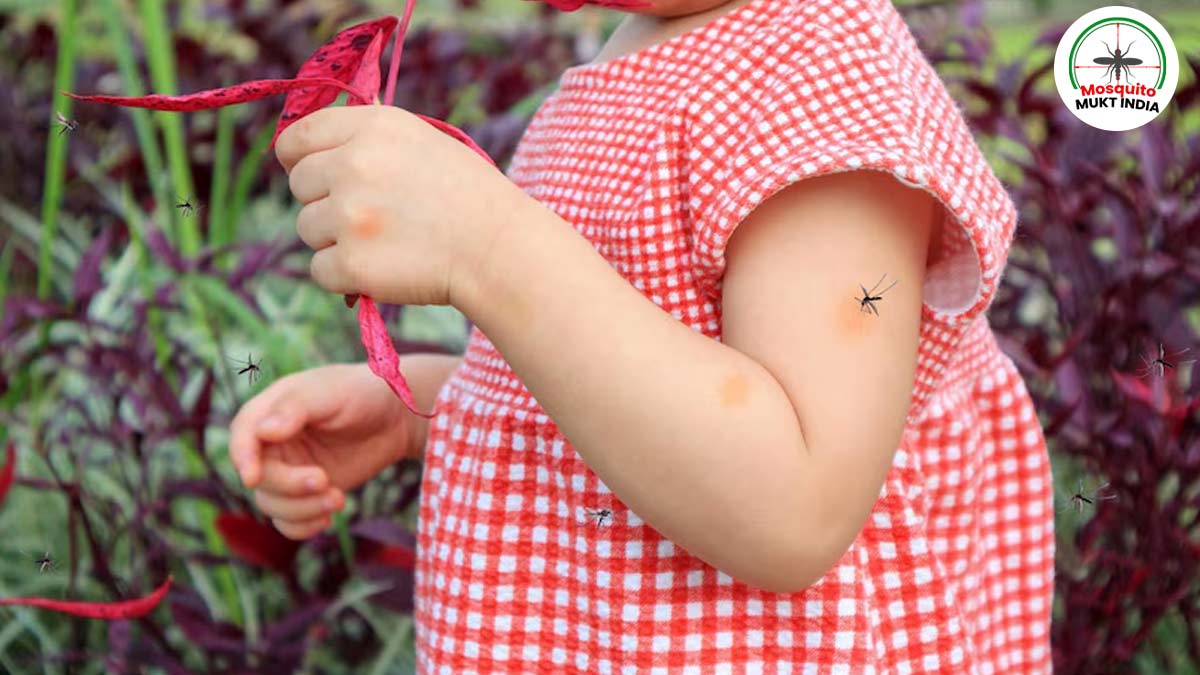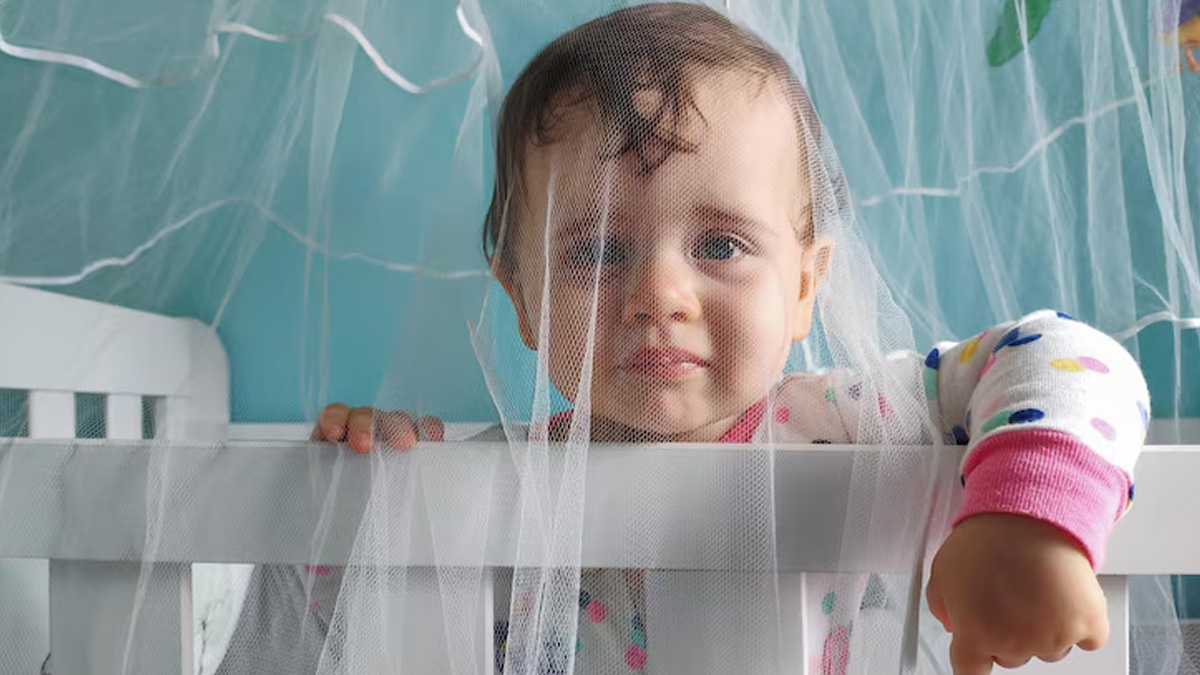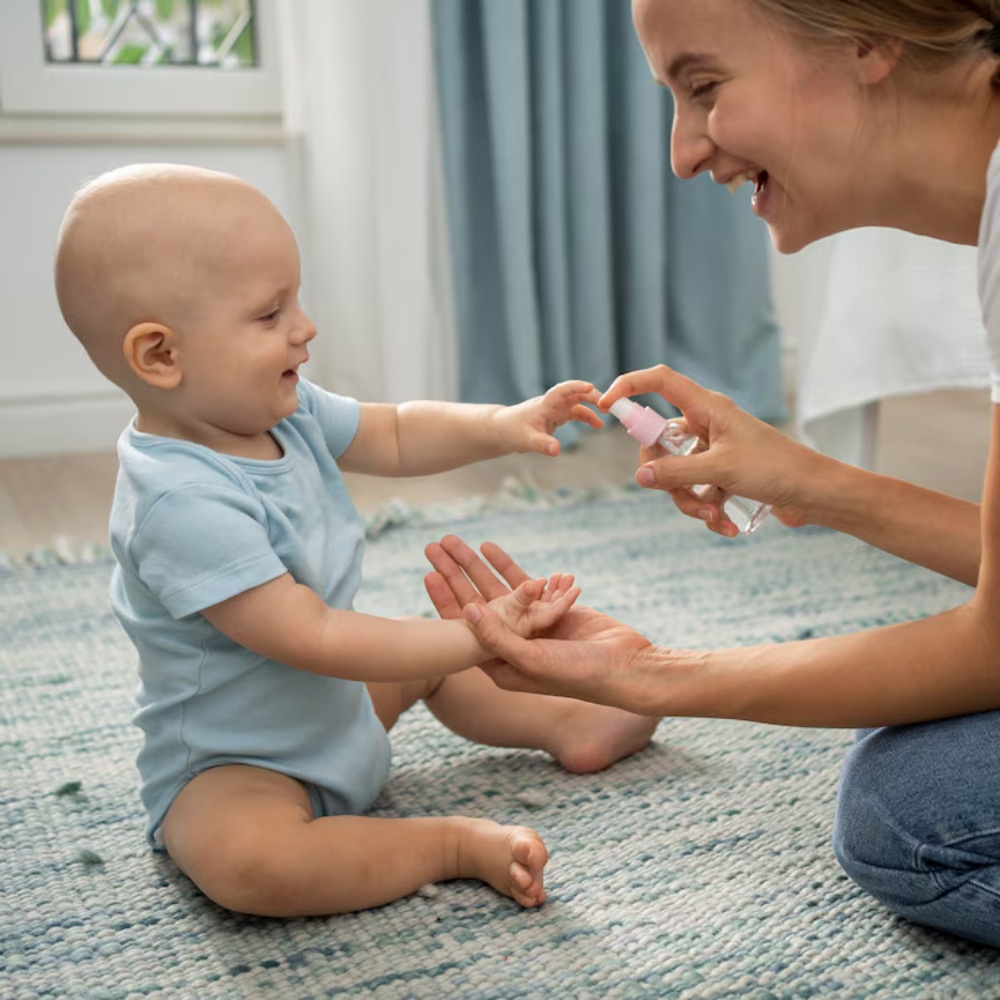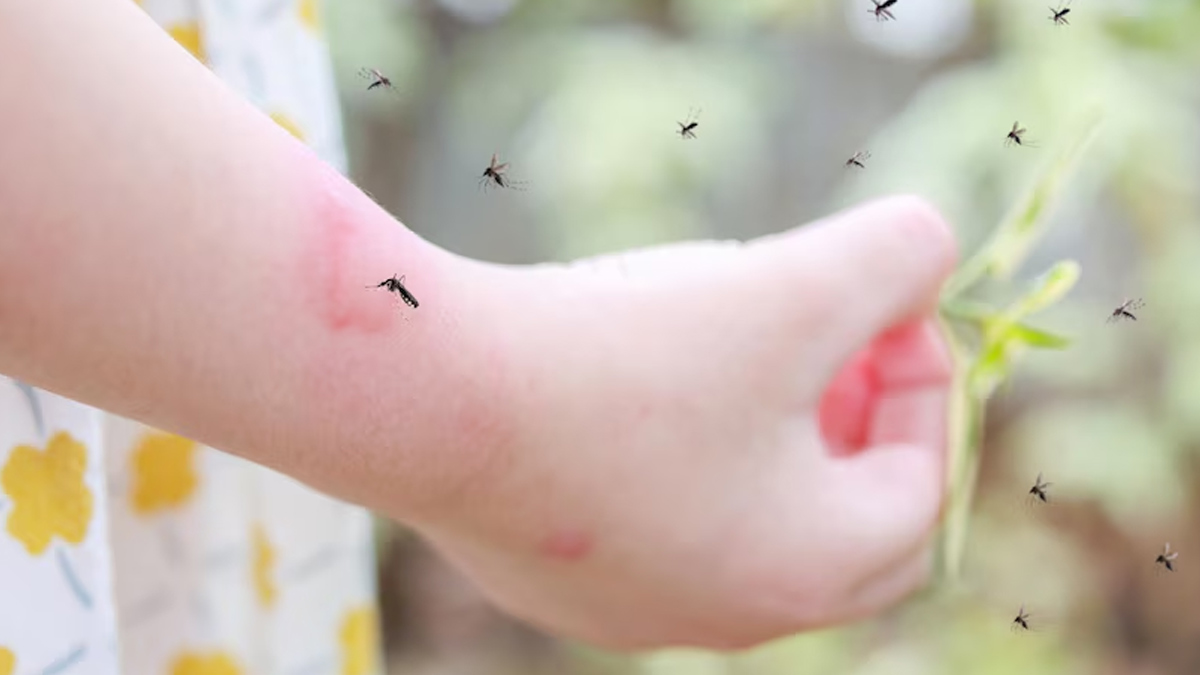
Mosquito bites may seem like a minor inconvenience, but for babies, they can pose significant health risks. Protecting your little ones from these pesky, dangerous insects is crucial, especially in regions where mosquito-borne diseases are prevalent. Babies have delicate skin, and their immune systems are still developing, making them more vulnerable to infections and allergic reactions caused by mosquito bites.
Table of Content:-
How Mosquitoes Can Harm Babies
Mosquitoes are not just a nuisance, they can transmit serious diseases to babies, such as malaria, dengue, and the Zika virus. A study highlighted that infants are more susceptible to severe outcomes from mosquito-borne illnesses due to their immature immune systems. In particular, the study found that babies who contract malaria are at a higher risk of developing severe anaemia and cerebral malaria, which can be life-threatening. Furthermore, even in regions where these diseases are less common, the itchy welts caused by mosquito bites can lead to skin infections if scratched excessively.
Another concern is the allergic reactions that can occur in babies after being bitten by mosquitoes. According to research published by ScienceDirect, some babies may experience a condition known as Skeeter syndrome, a severe local reaction to mosquito bites characterised by swelling, redness, and even fever. This reaction is more pronounced in infants due to their sensitive skin and developing immune systems.
To understand how parents can protect their babies, OnlyMyHealth interacted with Dr R Kishore Kumar, paediatrician and neonatologist, Cloudnine Group of Hospitals. He said, “Protecting your baby from mosquito bites is not just about avoiding discomfort; it’s about preventing potential health risks that could have lasting effects.” Here are some tips listed by Dr Kumar to help keep your baby safe:
1. Use Mosquito Nets

Cribs and Strollers: Ensure your baby’s crib, stroller, and play area are covered with mosquito nets.
Bed Nets: Use bed nets if your baby sleeps in an area where mosquitoes are common.
Also read: How Can Lemongrass Be Used To Repel Mosquitoes To Prevent Dengue, Malaria
2. Dress Your Baby Appropriately
Long Sleeves: Dress your baby in lightweight clothing that covers their arms and legs.
Light Colours: Use light-coloured clothing, as mosquitoes are attracted to darker colours.
3. Apply Mosquito Repellent
Baby-Safe Repellent: Use a mosquito repellent specifically designed for babies. Look for products with ingredients like picaridin or oil of lemon eucalyptus, which are safe for infants older than 2 months.
Avoid Hands and Face: Apply the repellent to your hands first, then spread it on your baby’s exposed skin, avoiding the face and hands.

4. Avoid Mosquito-Prone Areas
Time of Day: Keep your baby indoors during dawn and dusk, when mosquitoes are most active.
Stagnant Water: Eliminate standing water around your home, as this is a breeding ground for mosquitoes.
5. Use Fans
Air Circulation: Mosquitoes are weak fliers, so using fans can help keep them away from your baby.
6. Indoor Protection
Screens on Windows and Doors: Ensure that windows and doors have screens to prevent mosquitoes from entering.
Indoor Insect Traps: Consider using mosquito traps or repellents in your home, but keep them out of reach of children.
Also read: Bitten By A Mosquito? Here’s How You Can Identify West Nile Virus

7. Use Mosquito-Repellent Patches or Stickers
Clothing and Strollers: You can also use mosquito-repellent patches or stickers on your baby’s clothing, crib, or stroller.
8. Natural Remedies
Essential Oils: Certain essential oils like citronella, lavender, and eucalyptus can repel mosquitoes. However, be cautious with their use around babies, as some oils can be irritating.
9. Treat Bites Immediately
Bite Relief: If your baby does get bitten, use a baby-safe anti-itch cream or cold compress to relieve discomfort.
Concluding, Dr Kumar said, “By taking these precautions, you can help protect your baby from mosquito bites and the potential health risks associated with them.”
Also watch this video
How we keep this article up to date:
We work with experts and keep a close eye on the latest in health and wellness. Whenever there is a new research or helpful information, we update our articles with accurate and useful advice.
Current Version